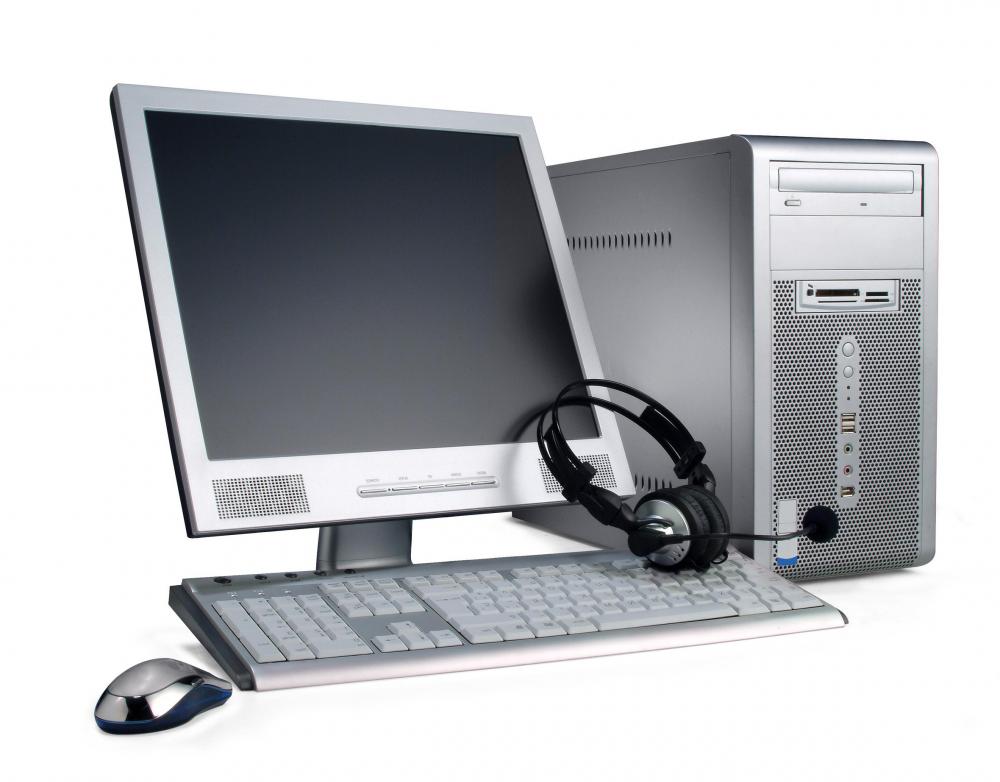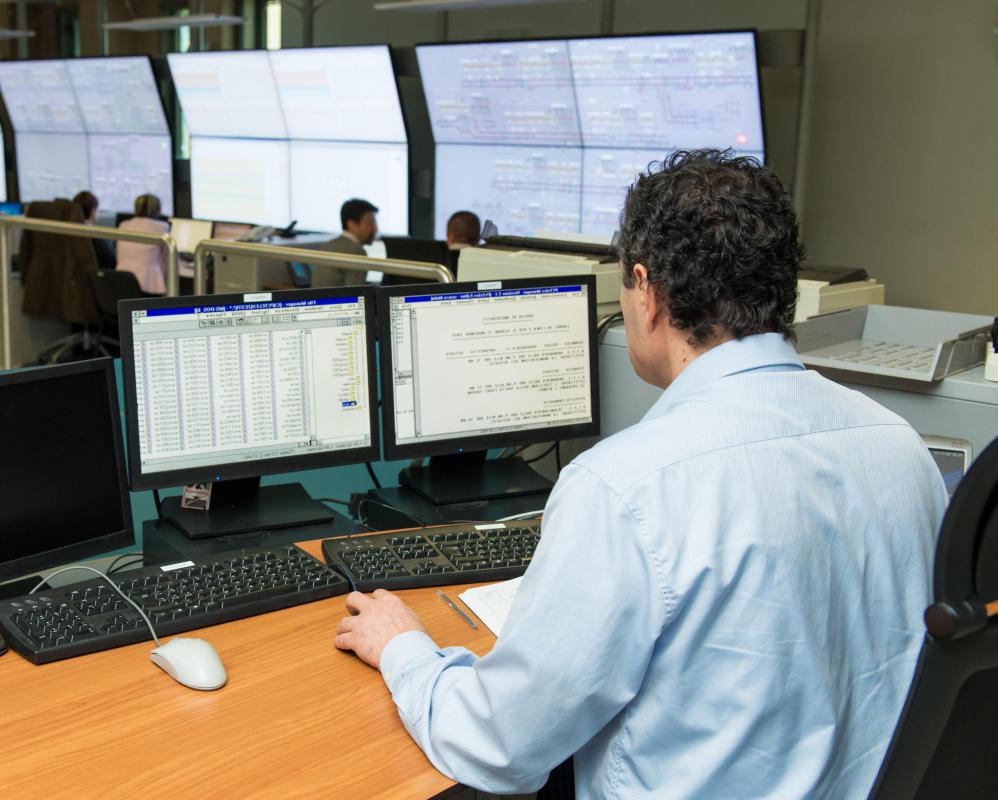At EasyTechJunkie, we're committed to delivering accurate, trustworthy information. Our expert-authored content is rigorously fact-checked and sourced from credible authorities. Discover how we uphold the highest standards in providing you with reliable knowledge.
What are the Advantages of the Linux® Operating System?
One of the prime advantages of the Linux® operating system is the ability to legally obtain it free of cost even for commercial use. It is often chosen by people who prefer to use less popular software because it is seldom targeted by malicious programs, or malware, such as a virus, a worm, a mail bomb, spyware, adware and trojan horses. Other advantages that generally are considered important include the versatility, power, freedom, stability and bundled software that Linux® offers. Linux® also tends to require fewer resources than Microsoft Windows, often allowing it to be deployed on legacy hardware.
The Linux® operating system has literally hundreds of versions known as distributions, which are also called distros, or flavors. This fact must be considered when selecting one of them for personal or business computing, because what is an advantage in one distribution might not be in another. For example, Tiny Core Linux® has a file size of only about 10 megabytes, making it one of the smallest distributions in the world. It has the advantage of running on a legacy Personal Computer (PC) even without a hard disk and offers total customization by being a bare bones system. The steep learning curve for novice users of the Linux® operating system, however, could be considered a disadvantage.

It is very important to understand that each of the numerous distributions of Linux® vary greatly, and that this variance determines its advantages and disadvantages. All of them tend to be less susceptible to malware, use fewer resources, come with bundled software, offer freedom from restrictive user licenses and are very stable, especially the server editions. For example, the Fedora Linux® operating system comes bundled with a host of software programs. Powerful Microsoft Word®-compatible software for word processing, spreadsheets, database management, presentations and project management are just a few of the programs that could be bundled. PC users should realize that within each distribution, there also are versions representing changes and improvements with each new release; for example, Fedora 6 differs from Fedora 10.

Software that is bundled in one version might not appear in another; however, Linux® users have the advantage of choosing among literally thousands of programs from a repository. Other popular distributions include Ubuntu, OpenSuse, Debian and Puppy. In addition to an office suite, they come with email clients, software for burning a compact disc (CD) or digital versatile disc (DVD), instant messaging (IM), voice over Internet protocol (VoIP), text editors and much more. The Linux® operating system also is known for the versatility and freedom that most of the distributions offer. It is an open-source operating system that usually is based not just on the Linux® kernel but also on what is known as "GNU/Linux."
The successful creation of most distributions usually involved using the Linux® kernel together with code from the GNU project. This is why many distributions of the Linux® operating system are said to be "based on GNU/Linux." Both of these sets of code are free or open-source software, which does not necessarily mean free of cost. Some distributions are 100 percent open source and can be downloaded legally free of charge and deployed on as many machines as the user wishes.
Other distributions of the Linux® operating system are fee-based because the freedom of open-source software includes the freedom to charge for it. The versatility and freedom of this system lie in the fact that it is open source. This means that anyone with programming knowledge can legally see and modify the code, even to the creation of another distribution that the programmer can offer free of charge or for a fee. The ability to view the code has an important advantage over closed-source Microsoft Windows® because administrators do not have to wait for the release of proprietary software patches to keep a system secure. Finally, software can be installed and uninstalled without rebooting the system.
AS FEATURED ON:
AS FEATURED ON:












Discussion Comments
If you're looking for your first Linux distro, go with one that is popular. Ubuntu and Mint, for example, both have large followings -- bear in mind those are but two distros and there are many others that have fans.
Finding a popular distro is important because you will probably have questions after you set up your Linux OS. You will have questions as you become more familiar with Linux and popular distros have forums full of people who are glad to answer your questions. It's kind of like having access to free support and the chances are good you will need some help.
I've been using Linux for about four years and still need to access forums and learn how to do certain things. Good support is a must and can make your transition to Linux a pleasant one.
Post your comments